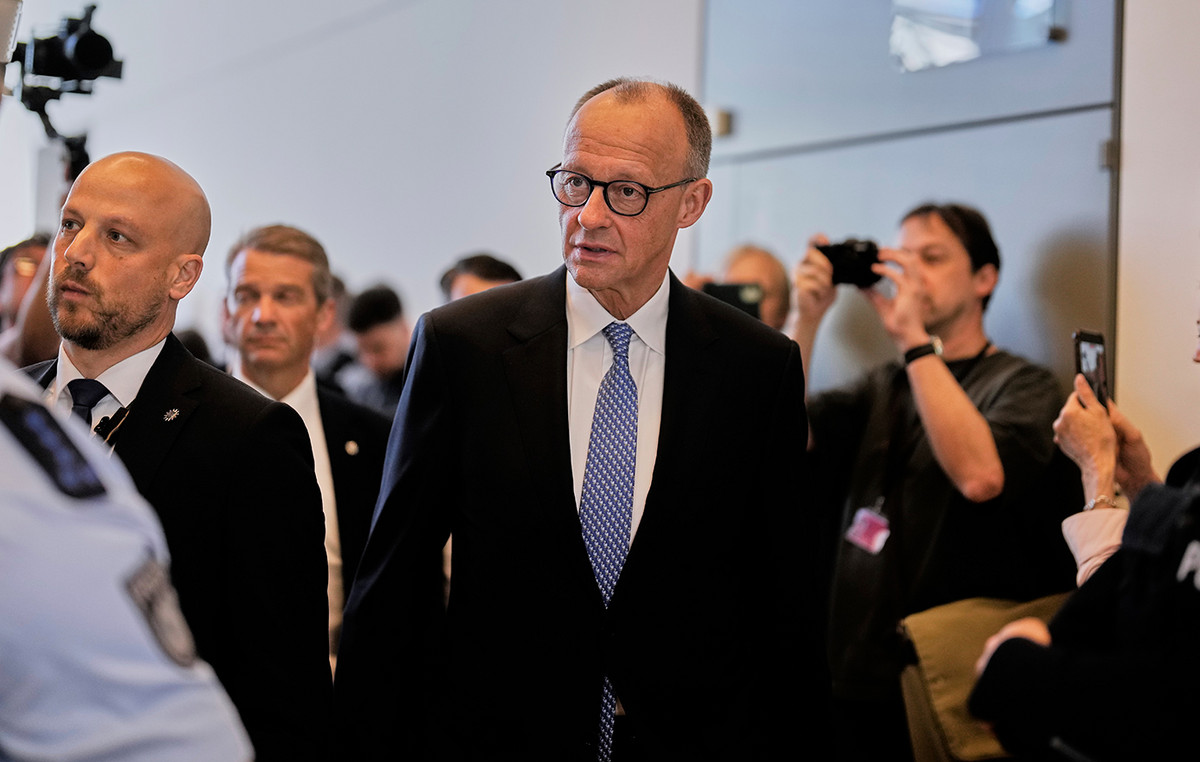“We women already have leadership in our blood.”
The phrase is from Simoni Bianchi, CFO of Bankme, a fintech that creates and operates Mini Banks. Simoni is part of a prominent segment in Brazil: data from Grant Thorton International show that, in Brazil, 34% of leadership positions in midsize companies are held by women — above the world average of 29%.
The data indicate that, when looking at the administration rooms, committees and leaderships of companies in the country, women are gaining more and more space.
Concern about ESG (Environmental, Social and Governance) practices has become a trend for investors in recent years. With the spotlight on diversity, inclusion and gender equality initiatives, companies with homogeneous leadership committees need to step back to reorganize priorities.
“I think that investing in affirmative policies and increasing the number of women leaders can help the company’s brand positioning with consumer loyalty and, consequently, its market value”, explains Caroline Palermo, lawyer and ESG specialist. .
Despite this, the interviewees agree that female leaders go far beyond just appeasing shareholders. “Women have always been super strong and competent. What happens is a natural movement of society, of awareness of companies and of equal pay”, adds Palermo.
Patrícia Komura, COO of Zarpo, an online travel agency, also believes in the power of dissemination. “Being in a leadership position and being a woman is something that can inspire many other women in their achievements and, indirectly, help fight discrimination elsewhere,” she says, who, like Simoni, is part of the 34% .
The Zarpo executive believes that, in order to deconstruct stigmas and prejudices, this representation is crucial. It is not possible to discuss gender equality, salary equality, maternity leave and countless other issues without, first, having female leaders who can add to the discussion.
The argument is even stronger in Brazil, a country where three out of 10 people (27%) admit they are uncomfortable having a woman as their boss. The data are from the survey “Global Attitudes for Gender Equality” (in free translation from English), published in 2019 by Ipsos.
other side of the coin
Simoni and Patrícia, today, proudly add to the statistics. However, they show that it was not easy: and it is not for most women.
In a survey conducted by Pearson, which surveyed 6,000 women in six countries — the US, UK, Brazil, Mexico, India and China — the results showed that 74% of respondents still see prejudice and discrimination as barriers in the search for new job opportunities.
“Society still perpetuates the normative concept that reinforces the need to label people and establish a division, in which man is the workforce, with economic and social superiority. The woman still receives a role of submission in the social pyramid”, explains lawyer Caroline Palermo.
The results show that there is still a large gender gap in the market. In addition to concerns about prejudice and discrimination that prevent them from finding work, 77% of respondents are concerned about finding a job that pays them enough to support themselves and their families.
For Heloisa Guerato, commercial director at Pearson, the increase in the number of female leaders, by itself, is not sustainable. “Companies need to go beyond just increasing the presence of women on their staff and promoting conditions for these women to develop their careers,” she argues.
One step at a time
Even with the data, Simoni is hopeful: “It is a movement that I believe: more and more women need to strengthen themselves in order to seek their leadership position within companies”.
But experts and executives agree that Brazil — and the world — still has a long way to go, inside and outside the corporate environment. For now, it remains to count the victories of Brazilian women, and keep a critical and attentive eye when companies publicize their gender equality initiatives. After all, not all that glitters is gold.
* Under supervision of Deise de Oliveira
Source: CNN Brasil
I am Sophia william, author of World Stock Market. I have a degree in journalism from the University of Missouri and I have worked as a reporter for several news websites. I have a passion for writing and informing people about the latest news and events happening in the world. I strive to be accurate and unbiased in my reporting, and I hope to provide readers with valuable information that they can use to make informed decisions.







